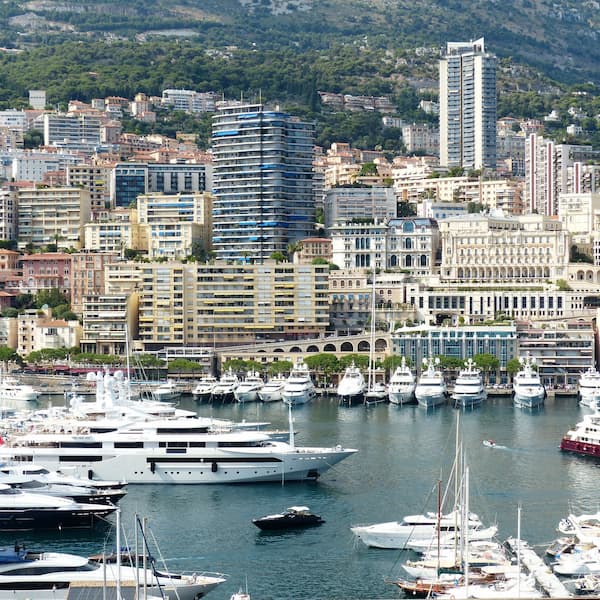Compliance
European Commission Puts Monaco On "High-Risk" List, Removes Gibraltar, UAE, Others

The renowned international financial centre woke up yesterday to unwelcome news that the executive arm of the EU has put it on a list of places falling significantly short on AML and other controls. On the other hand, several IFCs, including Gibraltar, the UAE and Panama, came off this list.
The European Commission yesterday included Monaco in its updated
list of high-risk jurisdictions, presenting strategic
deficiencies in their national anti-money laundering and
countering the financing of terrorism regimes.
By contrast, jurisdictions including Gibraltar, Panama and the
United Arab Emirates were removed from its high-risk list.
In total, the following “third-country jurisdictions” were put on
the Commission’s high-risk list: Algeria, Angola, Cote d'Ivoire,
Kenya, Laos, Lebanon, Monaco, Namibia, Nepal and Venezuela.
The executive arm of the European Union said the EU entities
covered by the anti-money laundering framework must apply
“enhanced vigilance in transactions involving these
countries.” “This is important to protect the EU financial
system,” the EU said.
For Monaco, home to several private banks and advisors to HNW and
ultra-HNW clients, the decision will come as a blow. This
publication has heard from its contacts that over recent years
Monaco has been under significant scrutiny, making the onboarding
of new clients more onerous.
The Commission said the updated list takes into account the work
of the Financial Action Task Force, an intergovernmental group
fighting money laundering, and in particular its list of
“Jurisdictions under Increased Monitoring.”
“Alignment with FATF is important for upholding the EU´s
commitment to promoting and implementing global standards. The
Commission has carefully considered the concerns expressed
regarding its previous proposal and conducted a thorough
technical assessment, based on specific criteria and a
well-defined methodology, incorporating information collected
through the FATF, bilateral dialogs and on-site visits to the
jurisdictions in question,” it said.
The EU Commission’s moves appear to run counter to a report,
published at the end of December 2024, stating that Monaco has
“improved measures to combat money laundering and financing of
terrorism,” according to MONEYVAL, the Council of Europe’s
Committee of Experts on the Evaluation of Anti-Money Laundering
Measures and the Financing of Terrorism. “Since the adoption of
its mutual evaluation report (2022), Monaco has taken numerous
steps to strengthen its anti-money laundering and terrorist
financing systems.”
(Editor’s note: The apparently contradictory reports may
raise questions about the value of such lists of “good” and “bad”
jurisdictions in terms of guiding booking center policy and
the activities of clients.)